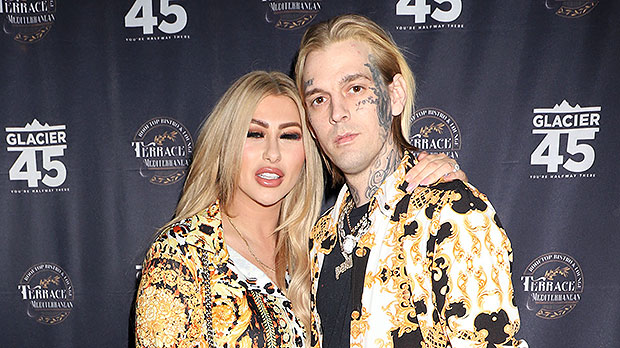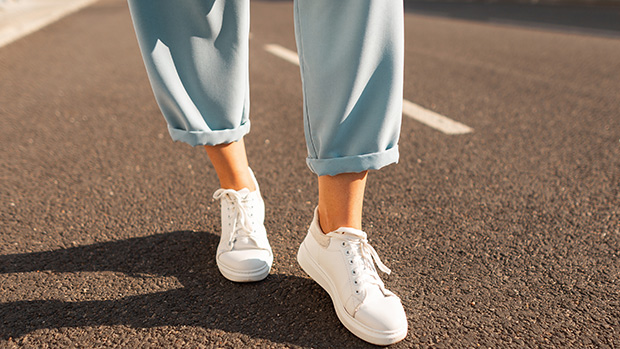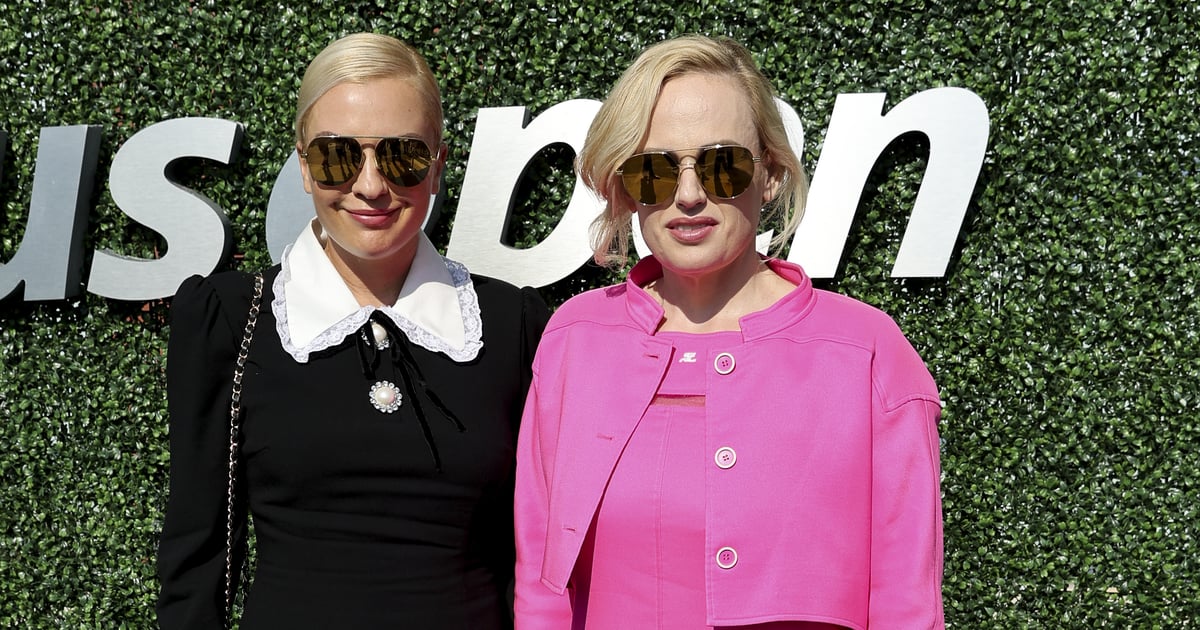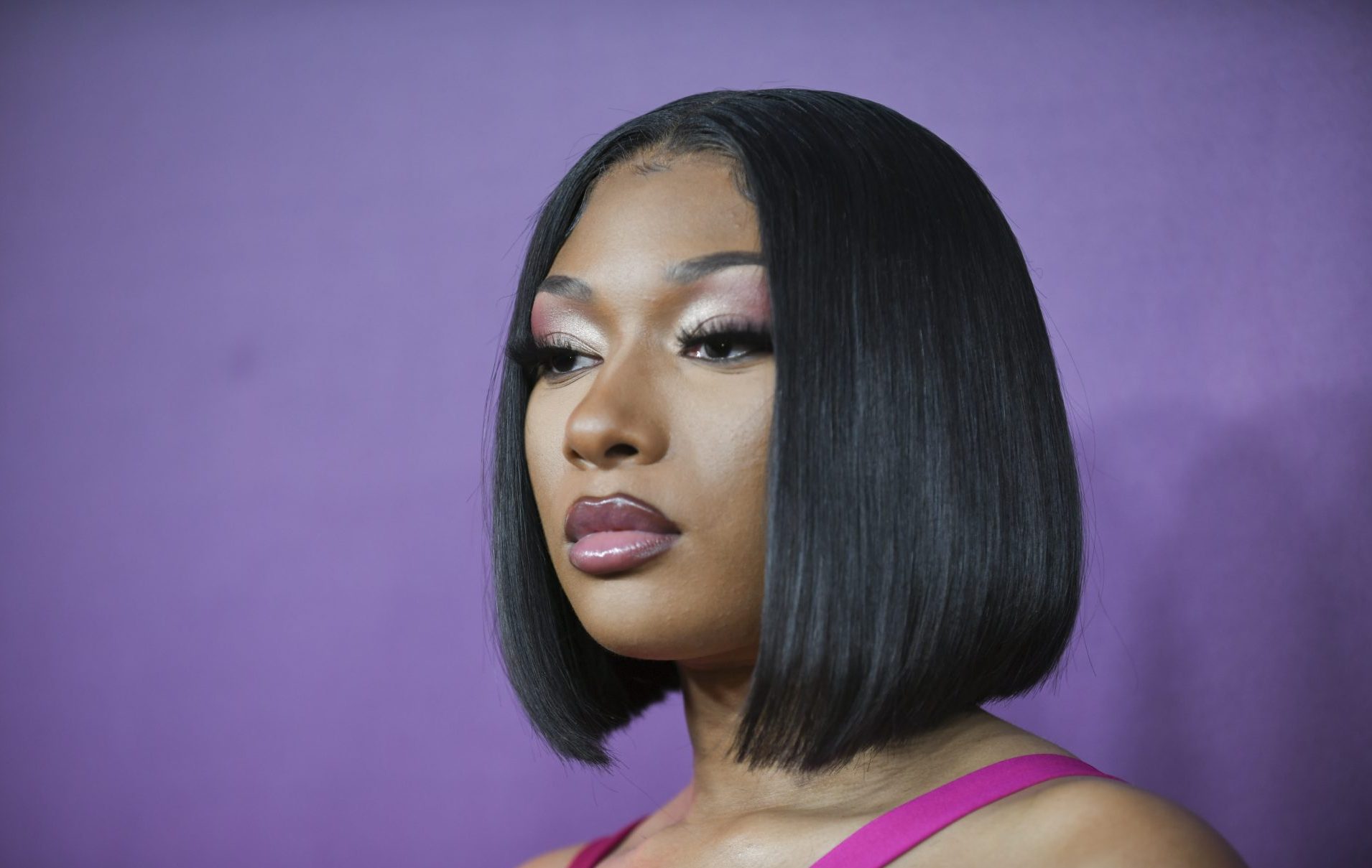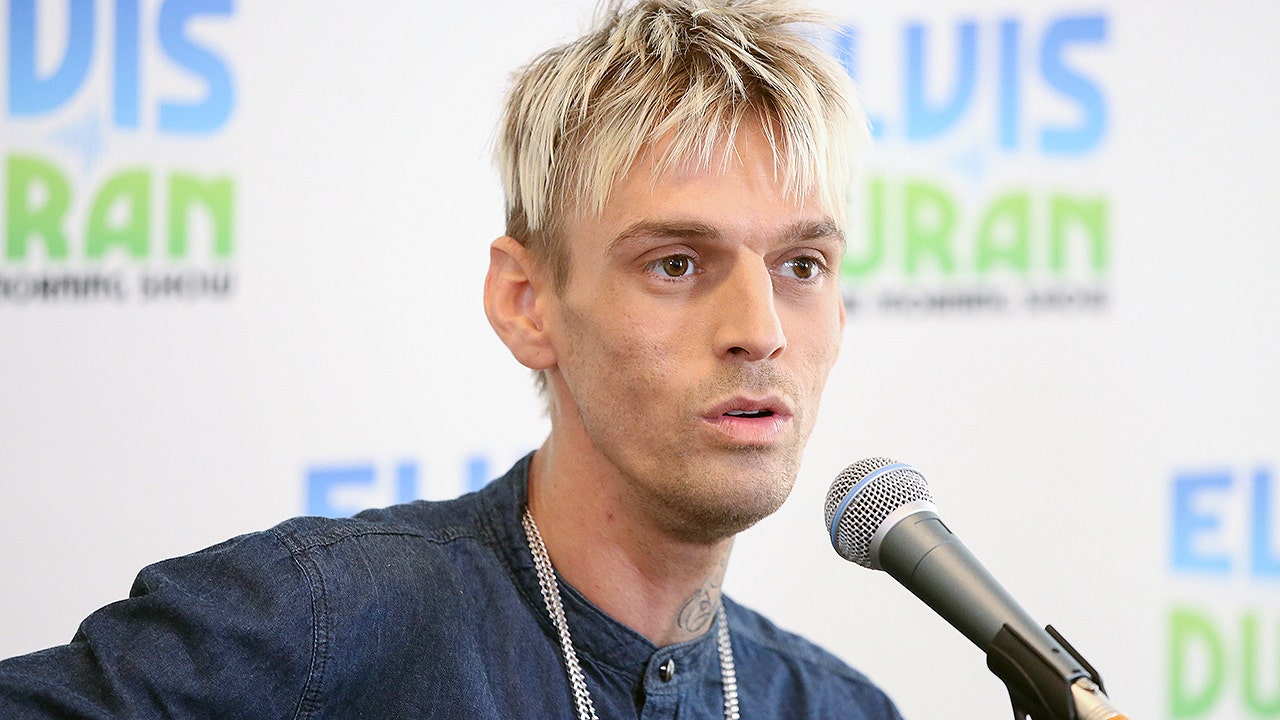The Brutal, Familiar Contours of Takeoff’s Murder

All too often, there’s a forgotten man in a trio. Whether because of louder personalities or brasher styles, or because listeners wrongly can’t see that the whole is greater than the parts, there always seems to be a third man—or woman. Such was the case six years ago with Takeoff, one third of the critically acclaimed Atlanta rap trio Migos, when he failed to appear on the group’s 2016 high water crossover mark, “Bad and Boujee.” His absence became an internet meme, but he pushed through those pranks with an inimitable rapping style and an introspective aura in a group known for their commercial precision. It was in many ways a classic expression of the style of Takeoff, who was killed at around 2:40 a.m. on Tuesday in Houston by a still unknown assailant. He was just 28 years old.
You’d be hard-pressed to find a group in the last decade or so that brought a regional style—north Atlanta in this case—to the mainstream as dominantly as Migos did. (You’d be harder-pressed to find one in popular music history that did it so quickly.) From the very start, with their breakthrough single, “Versace,” that style had always been deceptively simple. Since the group signed with Quality Control in 2013, their existence has sometimes been reduced to harmless but dubious memes like “Migos are better than the Beatles.”
But Migos were, and are, a rich combination of pop sensibilities and historic street chops. If Quavo was the member with the most mainstream sensibilities and Offset was known for the charisma and controversy, then Takeoff was quietly the trio’s most compelling member. Under the surface of their triple-time flexes, Takeoff was an incredibly weighty man. There was the song “I Remember,” on 2018’s unheralded and excellent The Last Rocket, in which he recounted selling drugs in his mom’s basement. Or the closer on Rocket, “Bruce Wayne,” in which Takeoff admitted his anxiety around being in the spotlight. Every trio needs an intuitive and acute member, and Takeoff was that despite the opulence the group wrapped themselves in.
On Tuesday, while mourning the loss of Takeoff specifically, it was also impossible not to situate his murder as another point in a long line of confusing and demoralizing murders in hip-hop. There was the embattled South Florida phenom XXXTentacion in 2018. Then the regal Los Angeles rapper Nipsey Hussle in 2019. In 2020, the rising Brooklyn drill star Pop Smoke. In September, it was the humble Philadelphia polymath PnB Rock. The details in every case were as harrowing as they were mundane. XXXTentacion was shot at a motorcycle dealership. Hussle was gunned down while standing outside his Marathon Clothing store. Pop Smoke was killed in a Hollywood Hills Airbnb he was renting. PnB Rock was at Roscoe’s House of Chicken ’N Waffles with his girlfriend.
Takeoff, who was outside a bowling alley playing dice games with Quavo, his uncle, adds to this inane cycle of depressing murders in what should be innocuous circumstances. Nobody should have to worry about being killed by gun violence, especially not artists who are at a point in their life where they are no longer on the streets.
Bad faith actors, such as the one who wrote this tweet here, used this opportunity to suggest that the problem is hip-hop itself—but that ignores so many of the forces at play in these deaths, especially the systemic inequalities that the last two pandemic years made so plain. In this hyperactive and unequal American moment, people have less patience and love for one another. When there are no resources and no hope, there’s no empathy. That’s part of the reason why a father and son could allegedly conspire together to rob and murder PnB Rock at a restaurant. This is not because of the so-called inherent violence in hip-hop. Death in rap is death in Black America.
When someone sees a rapper on social media—with chains they do not have, the comfort they dream of, and a wad of bills that they need to survive—those rappers flatten out and lose their humanity in the process. They’re a stand-in for the imbalances of American livelihood right now. Death is desensitized to social media. The bodies of Black men are tweeted, liked, and retweeted with no contemplation or consequences. That video of Takeoff’s body following the shooting was visible on social media all day should shock exactly no one.
I am writing this feeling sad and sullen. Not only because of the loss of Takeoff’s quiet brilliance—and the path Migos and Quality Control Group paved for more great rappers like Lil Baby—but because I fear that this will only continue. The rage of a man, at what he doesn’t have, becomes something transgressive and fatal. The lifeless body of Takeoff will be shared until the next rapper is killed. Until our inequalities are relieved, it is best to be prepared for murders, tears, and hopelessness. During a recent interview on the hip-hop podcast Drink Champs, Takeoff expressed that in light of recent murders, he was watching his back. “You’ve got to be careful with social media now.… It’s people that follow you and watch you that [have] bad intentions and don’t want the best for you.… That’s why I don’t even really post like that.”
It’s a shame, brutal even, that Takeoff was killed despite his diligence in protecting himself.
[ad_2]
Share this news on your Fb,Twitter and Whatsapp
NY Press News:Latest News Headlines
NY Press News||Health||New York||USA News||Technology||World News

